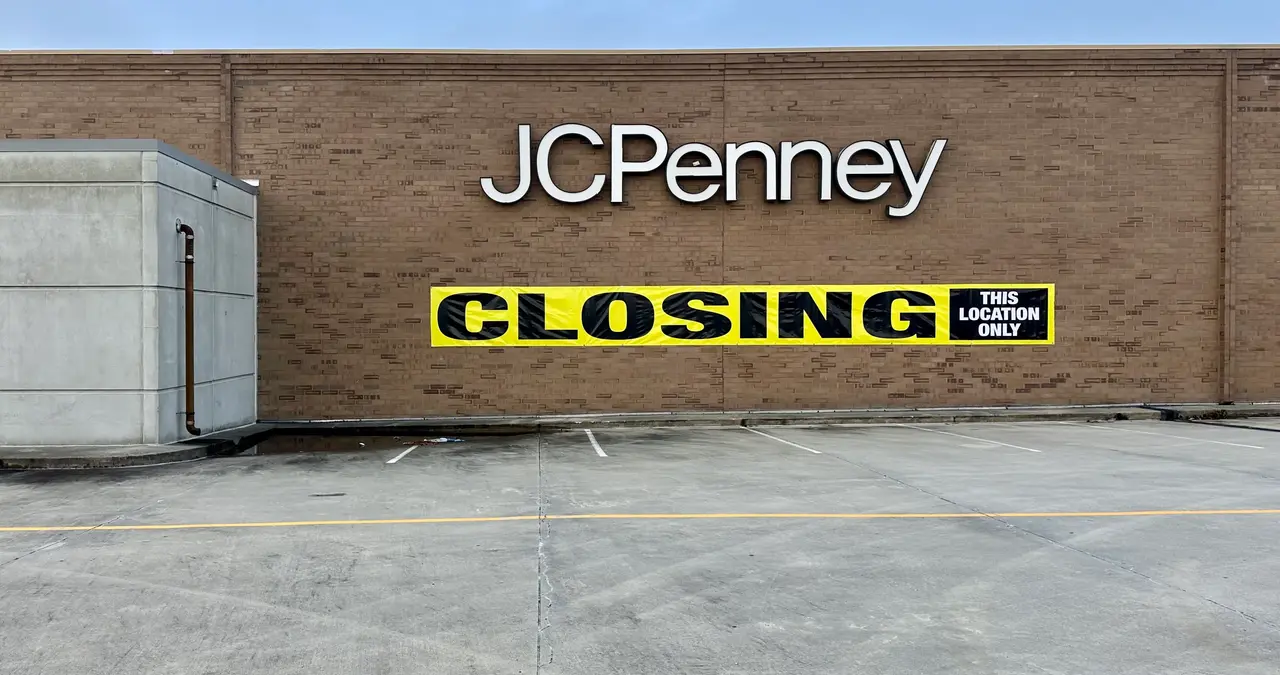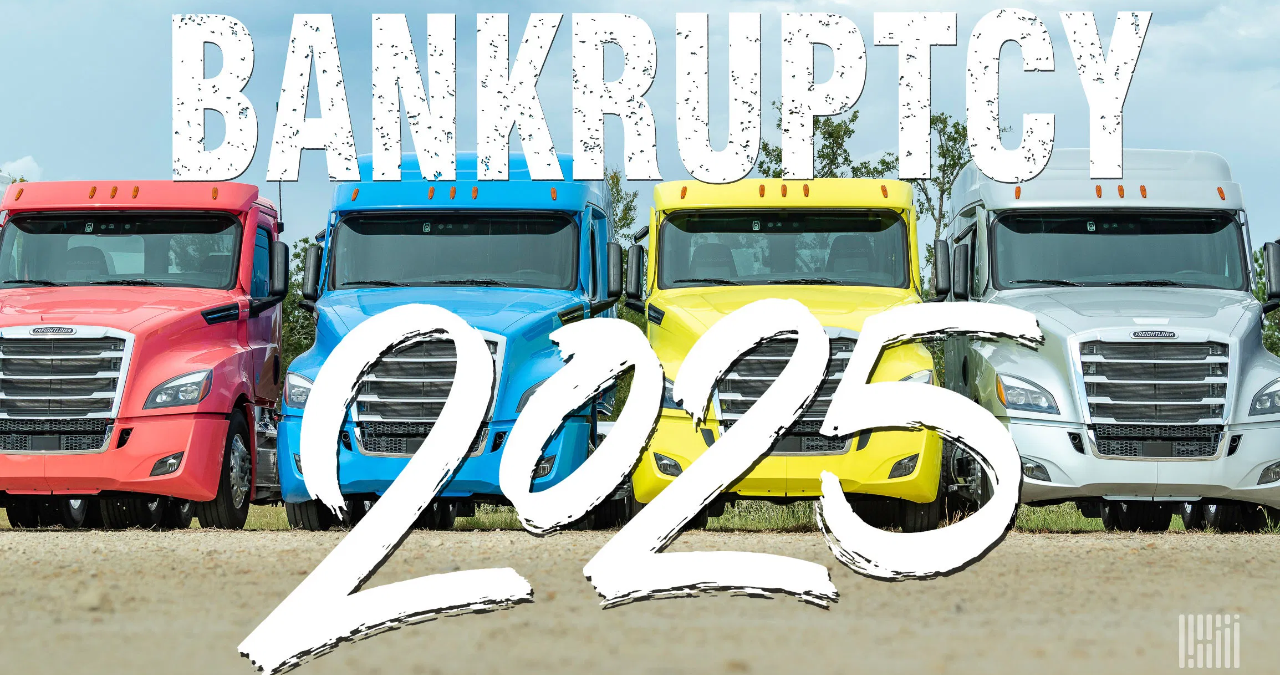JCPenney stores closing across the U.S. reflect deeper changes in the retail landscape. Explore what this means for consumers, employees, and the future of shopping.
Introduction: Why Everyone’s Talking About JCPenney Stores Closing
The retail world has been buzzing lately with one headline after another: “JCPenney stores closing.” It’s a phrase that’s become all too familiar to anyone who grew up shopping in American malls. JCPenney, once a retail powerhouse, now finds itself struggling to hold on as consumer behaviors shift and competition stiffens. From longtime loyal customers to thousands of employees, the ripple effects are being felt far and wide.
So what’s really going on behind these closures? Why is JCPenney shuttering so many of its stores? And what does this mean for shoppers like you and me? We’re diving deep into the JCPenney stores closing saga, unpacking the history, causes, and future possibilities surrounding this retail icon. Let’s break it all down in a way that’s clear, conversational, and full of expert insight.
The Rise and Fall of a Retail Giant
To understand the JCPenney stores closing situation, it’s worth looking back at how it all started. Founded in the early 1900s, JCPenney was once the go-to destination for everything from clothing to appliances. Generations of Americans have vivid memories of shopping at their local JCPenney, especially during back-to-school seasons or holiday sales. The brand stood for value, variety, and a trustworthy shopping experience.
But even giants can fall. Over the past two decades, JCPenney has faced mounting challenges. Misguided leadership decisions, failed rebranding attempts, and an inability to keep pace with the online shopping revolution have all chipped away at the company’s foundation. With more customers turning to e-commerce and nimble competitors like Target and Amazon, JCPenney struggled to remain relevant.
The brand’s slow adaptation to digital trends was a major misstep. While rivals invested heavily in online infrastructure and sleek digital marketing, JCPenney clung to outdated models. The result? A disconnect with younger shoppers and a decline in foot traffic that continues to this day.
Why Are JCPenney Stores Closing Now?
The phrase “JCPenney stores closing” didn’t just come out of the blue. The COVID-19 pandemic was a huge catalyst, but the signs were there long before 2020. The company had been teetering on the edge of bankruptcy for years. When the pandemic hit, it acted as the final straw.
Temporary store closures during lockdowns meant lost revenue. But even after restrictions eased, many customers didn’t come back. The shift to online shopping accelerated faster than anyone expected, and JCPenney simply couldn’t keep up. This led to a major restructuring process that included filing for Chapter 11 bankruptcy and announcing the closure of hundreds of stores across the U.S.
To put it plainly, closing stores was a survival strategy. It was about trimming the fat, reducing costs, and trying to breathe new life into a brand that many had written off. Yet, for employees and communities that depended on these stores, the closures were nothing short of devastating.
What Shoppers Need to Know

If you’re a longtime JCPenney shopper, you’re probably wondering what this means for you. Will you still be able to shop at your local store? What happens to those amazing sales? The truth is, the impact varies depending on where you live.
Some JCPenney locations are staying open, especially in areas where sales have remained strong. These stores are part of the company’s attempt to maintain a leaner, more focused retail footprint. However, many smaller or underperforming locations have already closed or are slated to shut down soon.
The good news is, JCPenney isn’t disappearing completely. The company is still very much operational, with a strong emphasis on online shopping. You can still find your favorite brands, enjoy seasonal discounts, and even use store pickup in many areas. However, the experience is evolving—and fast.
Impact on Employees and Local Communities
When JCPenney stores start closing, the most immediate impact is felt by employees. We’re talking about thousands of workers—many of whom have been with the company for years—suddenly facing job uncertainty. For them, this isn’t just a news story; it’s their livelihood.
Beyond the employees, local economies also take a hit. Malls lose anchor tenants, surrounding businesses lose foot traffic, and towns lose a piece of their identity. JCPenney has been more than just a store in many communities—it’s been a staple. Its closure leaves a void that’s hard to fill.
Local governments often step in to provide support, such as job placement programs or unemployment benefits. But the emotional and financial toll can’t be overstated. A JCPenney store closing isn’t just about square footage; it’s about real people and real consequences.
Adapting to the New Normal: JCPenney’s Digital Push
Not all the news is bleak. One of the most promising developments in the wake of JCPenney stores closing is the brand’s renewed focus on digital. The company has been investing in its online platform, trying to create a seamless shopping experience that meets today’s consumer expectations.
This shift includes everything from upgraded website interfaces to better customer service and faster shipping options. They’ve also started offering more online-exclusive deals to attract tech-savvy shoppers. If you haven’t checked out JCPenney’s online store lately, you might be surprised by how much it’s improved.
Of course, the competition is fierce. Amazon, Walmart, and even boutique e-commerce sites offer stiff competition. But JCPenney has the advantage of brand recognition and a loyal customer base. The key now is leveraging that loyalty in a way that aligns with modern shopping habits.
Competitors and the Changing Retail Landscape
Let’s be real: the retail landscape has changed dramatically, and not just for JCPenney. Big names like Sears, Kmart, and even Macy’s have all faced similar challenges. The “retail apocalypse” is a term that’s been thrown around a lot—and not without reason.
What sets successful retailers apart today is adaptability. Brands that pivot quickly, embrace technology, and prioritize customer experience are the ones that survive. JCPenney’s current challenge is to do just that, but it’s got a lot of catching up to do.
Newer brands born online—think Warby Parker, Allbirds, and even Dollar Shave Club—have turned traditional retail on its head. They focus on storytelling, convenience, and social media engagement. If JCPenney wants to remain relevant, it needs to play that game, and play it well.
What’s Next for JCPenney?

The big question now is: what’s next? Is this the end of the road, or just the beginning of a new chapter? The truth is, it could go either way. JCPenney is in the midst of a major transformation, and only time will tell if it pays off.
Executives are optimistic. They’re focusing on core strengths like affordable fashion, home goods, and customer service. They’re also exploring partnerships and potential collaborations to expand their reach. But optimism needs to be backed by action—and fast.
One potential silver lining is that JCPenney has already gone through the worst of it. Bankruptcy proceedings are behind them, and a more focused, digital-savvy strategy is emerging. Whether that’s enough to win back consumers remains to be seen.
Table: Recent JCPenney Store Closures By State
| State | Number of Closures | Major Cities Affected |
|---|---|---|
| Texas | High | Dallas, Houston, Austin |
| California | High | Los Angeles, San Diego |
| Florida | Moderate | Orlando, Tampa, Miami |
| Illinois | Moderate | Chicago, Springfield |
| New York | Moderate | Albany, Buffalo, Syracuse |
Expert Quote
“Retail is not dying—it’s evolving. Brands like JCPenney must adapt to survive, and store closures, while painful, are part of that evolution.” — Rachel Long, Retail Analyst
Frequently Asked Questions (FAQs)
Why are JCPenney stores closing?
JCPenney stores are closing due to a combination of declining in-store sales, competition from online retailers, and the financial strain caused by the COVID-19 pandemic. The closures are part of a broader effort to restructure and streamline operations.
Is JCPenney going out of business entirely?
No, JCPenney is not going out of business entirely. While many stores are closing, the brand is focusing on its stronger locations and expanding its online presence to stay competitive.
Will my local JCPenney store close?
It depends on the store’s performance and location. The company has released lists of closures in phases, so checking the latest updates from JCPenney is the best way to know for sure.
Can I still shop online at JCPenney?
Yes, the JCPenney online store is still fully operational. In fact, the company is investing more in digital services to offer better online shopping experiences.
What happens to employees when a store closes?
When a JCPenney store closes, employees are usually given notice and may receive severance packages. Some are offered positions at nearby locations, while others may receive job placement support.
Conclusion: What This All Means for the Future
The story of JCPenney stores closing is both a cautionary tale and a story of possible rebirth. It’s a reflection of how fast retail is changing and how important it is for companies to keep up. While the closures are certainly a loss, they could also mark the beginning of a leaner, smarter JCPenney that’s better prepared for the future.
If the brand can successfully reinvent itself while retaining the trust of its longtime customers, there’s still hope. Whether you’re a die-hard JCPenney fan or just a curious observer of the retail world, one thing is clear: the journey is far from over.




